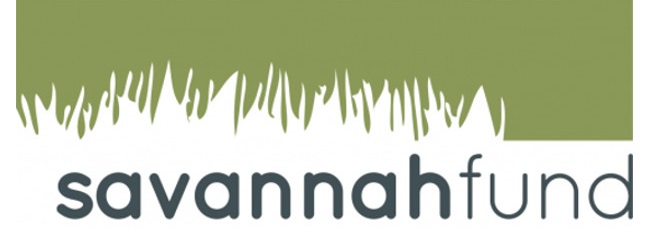The fourth Savannah Fund accelerator class is underway. BitFinance, a bitcoin exchange in Zimbabwe, is one of four startups selected from a list of over 150 applications from across Africa. They will receive a seed fund of between $25K and $30K, as well as the opportunity to present at a demo day set for the end of July.
Savannah Fund is a seed capital fund based in Nairobi Kenya. They invest in early-stage, high-growth technology (web and mobile) startups in sub-Saharan Africa. The fund has invested in about 20 startups in 6 countries (Kenya, Uganda, Ghana, Nigeria, South Africa and Zimbabwe) in the three years it has been in existence.
Individual investors behind Savannah Fund include Mbwana Alliy — an East African with Silicon Valley investment experience — and Erik Hersman, who is also the co-founder of Ushahidi, a platform that allows users to share news and data through text messages.

Seasoned Investors
Paul Bragiel of i/o Ventures and Tim Draper of Draper Fisher Jurvetson are also among the investors. Draper is best known for investing in tech companies such as Skype, Twitter and ShareThis. He also purchased nearly 30,000 bitcoins through a public auction in June 2014 that was held by the U.S. Marshals after the government seized the bitcoins from Silk Road.
Savannah Fund has had bitcoin at close range from as early as 2013. The company organizes annual Afrikoin events and conferences on Bitcoin and digital currencies, bringing together experts, investors and enthusiasts from around the African continent.
Despite showing a two-year interest in cryptocurrency, Savannah Fund accepted no bitcoin startups in previous accelerator classes.
Savannah Is Ready for Bitcoin
Cointelegraph spoke to Alliy, a managing partner of the fund, who said they think it is better to take time to study the technology before putting money into it. The Fund is now ready to explore the sector, with BitFinance leading the way. Alliy said:
“BitFinance interests us because it seeks to solve real issues people are facing. For instance, in Zimbabwe consumers have to deal with up to 13 legal tenders, which bring the challenge of changing from one to another. We are also happy with the team behind the startup. They are local individuals grounded in the technology."
The founders of BitFinance, Verengai Mabika and Tawanda Kembo, are well-known within the Zimbabwean Bitcoin and tech communities. Mabika is involved with Internet Society Zimbabwe, and before he joined BitFinance, Kembo was part of the team behind Muzinda Hub, a technological learning and Innovation center.
Kembo spoke to Cointelegraph about BitFinance and the prospects of joining the 2015 Savannah Fund accelerator class.

Cointelegraph: How do you define BitFinance to someone who has never heard about you?
Tawanda Kembo: Bitcoin is changing finance around the globe, including Africa. Before BiFinance, it was hard for people to access bitcoins in Zimbabwe. We solved that problem. We make it super easy to buy and sell Bitcoin.
CT: Is this startup also behind Cryptocounter?
TK: Yes. So we started the startup BitFinance to make it easy for people in Africa to buy and sell Bitcoin. To solve this problem, we needed an exchange (BitcoinFundi) to provide a way to buy and sell Bitcoin with or for electronic money.
CT: So BitFinance has two products: BitcoinFundi and Cryptocounter?
TK: Yes, an exchange (BitcoinFundi) and an ATM (the cryptocounter) to buy and sell bitcoin for cash. But it's going to be more than that.
The exchange is live now. The CryptoCounter will be coming later. I don't have a date yet, sorry.
CT: How does it feel to be part of this year’s Savannah Fund accelerator class, and how do you think it is going to help you achieve both your short- and long-term goals?
TK: How does it feel? Exciting! It's also reassuring to see that we're not the only ones who think that we're solving an important problem.
How will it help us? We'll be able to make Bitcoin accessible to more people, and a lot faster than we would be able to do alone, initially in Zimbabwe and Kenya, and later to the rest of the continent.

